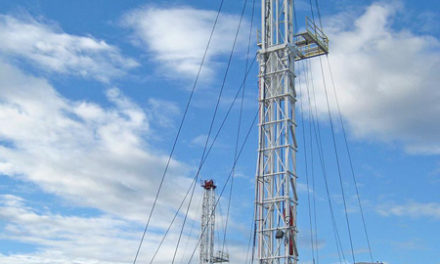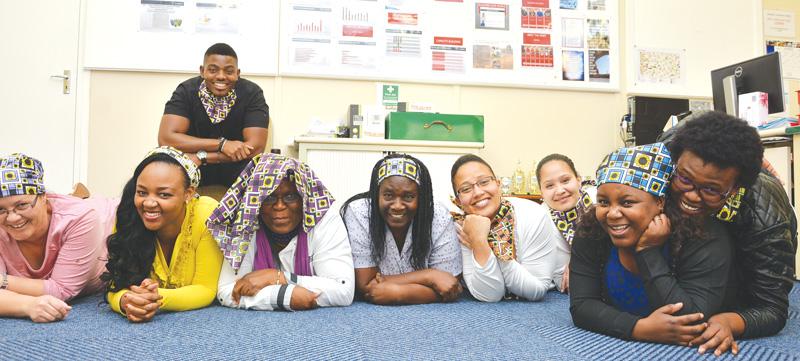
Horse mackerel minnow takes fight to giants
Established in 2007, Yukor Propriety Limited is one of many horse mackerel joint venture companies haphazardly put together by the Ministry of Fisheries and Marine Resources.
Yukor may be considered a minnow, but the nimble operator is taking the fight to established operators in the midwater trawl industry, giving these operators a run for their money.
In an interview with the Economist, Yukor board chairperson Olavi Hamutumwa spoke at length about Yukor’s operations and planned activities. Hamutumwa spoke on behalf of Yukor and urged that he should not be seen as speaking on behalf of any of the other shareholders’ own companies.
“There are ten joint venture companies who are allocated horse mackerel quotas. Yukor is one of the ten joint venture companies and is in turn made up of five shareholders. These are forced joint ventures forcefully put together by the ministry,” he commented. According to Hamutumwa, Yukor like many of the horse mackerel operators is required to apply for a horse mackerel quota on an annual basis. Yukor was awarded a combined quota of 11,400 metric tonnes for 2015.
Yukor has five shareholders from various backgrounds. Each of the five shareholders are afforded the opportunity to nominate two individuals to the Yukor board of directors Hamutumwa explained. Yukor’s identity is made up of each of the five shareholders. Yeula Fishing Enterprises, Uukumwe Youth Empowerment Consortium, Kumika Fisheries, Okaumbaneno Enterprises and Red Dunes Fisheries.
Yukor has also acquired a mid-water fishing trawler and Hamutumwa boasted that other horse mackerel operators trail their vessel because of Yukor’s efficiency. “These guys follow us around,” he said. The vessel according to Hamutumwa will soon bear the Namibian flag adding that the Ministry of Works and Transport was engaged.
Yukor sought expertise internationally, with Chinese, South Korean, Icelandic and Chilean operators keen to team up with Yukor, emulating an earlier joint venture set up between Manica and Russian operators that lead to the establishment of Namsov Fishing Enterprises.
“We were keen on setting up a joint venture with an international operator. We would provide the horse mackerel and the international operator would provide the trawler and the necessary expertise to operate the trawler,” Olavi remarked. Through a tender process, Yukor teamed up with an Icelandic company and Yukor has a shareholding in the mid-water trawler.
While the focus of many rights holders was primarily to sell their quotas to the bigger operators, Yukor has a completely different modus operandi, explained Hamutumwa, opting rather to process the horse mackerel themselves. Yukor has lined up a number of activities, maximising the gains for its shareholders.
Said Olavi, “Yukor is looking at value addition projects currently. We are exploring options for land-based activities and have for example looked at drying the fish instead of packaging it for the traditional export markets of west Africa. Another option we are also keenly looking at is cold storage.” Olavi further explained that land in Walvis Bay had been identified and that an environmental impact assessment study has since been initiated. Yukor currently does not have a factory of its own he said.
Following in the footsteps of Etosha Fishing, Yukor will also in the near future launch its own canned horse mackerel product under the Artic Namibia brand.
Olavi explained that 30% of its quota is earmarked for the Namibian market while 2% would be chanelled to value addition, as required by the ministry.











































